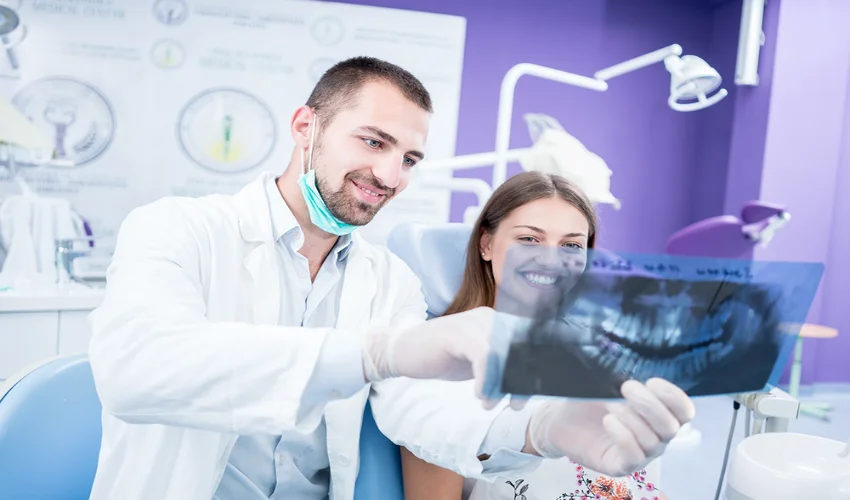Austin Implants might sound scary, but they represent just one facet of emergency dental care. When it comes to our teeth, we often ignore signs of distress. This can lead to crisis situations. We then rush to seek emergency dental help. Here’s what to expect when you find yourself in such a predicament. And more importantly, how to recognize when it’s time to seek help.
Understanding Emergency Dental Care
When we talk of emergency dental care, we refer to urgent treatment for dental problems that can’t wait. These include sudden toothache, knocked-out teeth, and broken braces. The goal is simple – to limit pain and prevent further damage.
Recognizing Dental Emergencies
How do we know when to seek help? Some signs are clear. For example, severe pain, loose adult teeth, and swelling around the mouth. Others are less obvious. Mild discomfort may be a hidden sign of decay. Regular check-ups can help spot these early signs.
What To Expect During Emergency Dental Visits
It’s natural to feel anxious about emergency dental visits. But knowing what to expect can help. Generally, your dentist will ask about your dental history and symptoms. They will then carry out a thorough examination. This might include X-rays.
You will receive a diagnosis and treatment options. The dentist might carry out immediate treatment to relieve your symptoms. Or, they might recommend follow-up appointments.
Comparing Emergency Dental Treatment Options
There are various treatment options for dental emergencies. These depend on the nature of the emergency. Here is a comparison of common treatments:
| Treatment | What It Involves | When It’s Used |
| Fillings | Filling material is used to repair cavities or cracks. | For tooth decay or broken teeth. |
| Root Canal | The dentist removes the infected pulp of the tooth. They then clean, fill, and seal the tooth. | When decay or injury has damaged the tooth pulp. |
| Austin Implants | A metal rod is inserted into the jawbone. A prosthetic tooth is then attached. | For missing teeth. |
Preventing Dental Emergencies
The best way to avoid dental emergencies? Take care of your teeth daily. Brush twice a day, floss regularly, and eat a balanced diet. Also, don’t miss regular dental check-ups. Prevention, after all, is better than cure. And it’s never too late to start.
